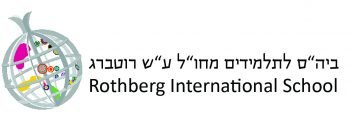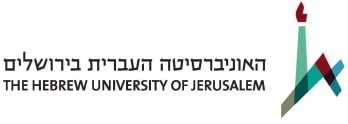What does peace mean? How does a peaceful world look like? Can we ever, if so how, make an end to conflict?
I am about to address the one topic that is always present, yet many people become tired off talking about ‘it’. People I meet realise they need to discuss ‘it’, even though they prefer ‘it’ not to be there. A life without would be so much better, we all agree, yet ‘it’ is all around us. There is no escape. Being in this region, whether it is as a citizen, student or otherwise, means you will be confronted with ‘it’ in one way or another. This ‘it’ is, of course, ‘the Israeli-Palestinian-conflict’.
This will not be the first thing you read about it, and it will not be the last. I am also very aware that I every word I write about it will not cover all things that can be said. Moreover, it is such a sensitive topic that you, being my reader, will probably weigh my words as if they are pieces of gold. Yet I feel it is my responsibility to address the most difficult questions in life and see whether I can, in some ways, help others. I have no illusion that I will be able to give a lot of new information, present new solutions or give final answers. Still I hope I can make a little contribution in the way you can relate to this huge topic, the tension that comes with it and how you might be able to change the situation for the better. I gave the key to that away in the title, and this is what I will try to illuminate in this blog: Peace does not mean an absence of (the Israeli-Palestinian) conflict.
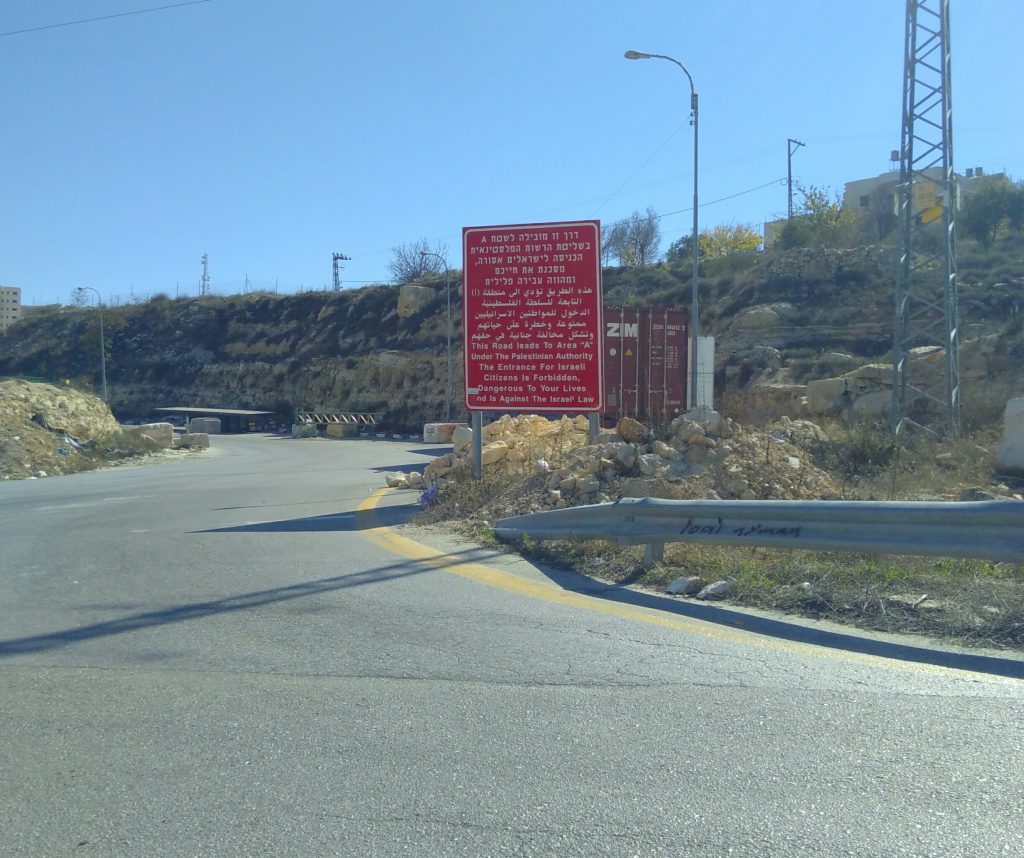
Let me start with sharing some intimate stories and what lessons they might hold for all of us. Because of the sensitivity I will not mention real names and connect them to particular places. Even though that makes it less personal, unfortunately it is necessary to cause no problems for the people where these stories are bout. Since you are a human being, you will have thoughts – if not strong judgements – about what I am about to write. So before I continue, there is one thing that might be helpful to keep in mind: for every story there is an opposite story.
Trying to Understand
There are some places in Israel-Palestine where Palestinians and Jewish people live right next to each other. This is the case within the State of Israel and the West Bank, especially if it concerns areas with settlements. Very often the army is very present in these areas. When meeting a Palestinian family they tell me a lot about their experience. A young woman that needs to pass checkpoints, and sometimes wait hours, to go to the place where she studies. About one of the young kids that is being threatened and bullied by Jewish settlers, as well as his father. Even though they are neighbours in a way, settlers “are crazy” and the presence of the army is certainly “not helping us”. But, as I said, you can find opposite stories. I spoke to a settler that shared about the aggression of Palestinians, as well as an IDF soldier that told me how Palestinians can really act crazy and that the presence of the army is a necessity to protect Jewish people.
So, what does this tell us? We often think we are able to solve this by finding ‘the truth’. The idea behind this is to find some ‘objective facts’ to agree upon. However, we know, this does not work. Everyone selects their own ‘facts’ and just tries to convince the other person of his / her truth. We need to realise that people simply experience the world in different ways – sometimes even about the same event. Look at your own life: you can visit a movie with a friend or read the same book and each come up with a total different experience! Our first lesson might be to forget about the truth (at first), and try to understand the story of the other person.
Which Conflict?
When I arrived in Israel for the second time in my life I was asked by the grandparents of my girlfriend (at the time) Omer, how I thought about the Israeli-Palestinian conflict. In fact, it was part of our first conversation. I felt very shy to share anything about it. Yet she ensured me: they discuss this every week. Omer her grandfather, at the end of our talk, wanted to emphasise: it is very different to think about this when you don’t live in the middle of it – if it is not part of your daily life. I would discover this when I started to really live here.
So not only is the question very legitimate, I personally believe he is absolutely right. I still feel the very same shyness: am I in the position to say something about this? Omer and her grandparents are, like many others in Israel, in a far better position perhaps to understand and know what is going on. For example, that area ‘A’ is forbidden for Israeli citizens is not just political. It is seriously dangerous! So, there is still a lot that I can and want to learn. Yet, in the short time that I am now here there is one thought that I keep wondering about: is there such a thing as a ‘Israeli-Palestinian-conflict’?
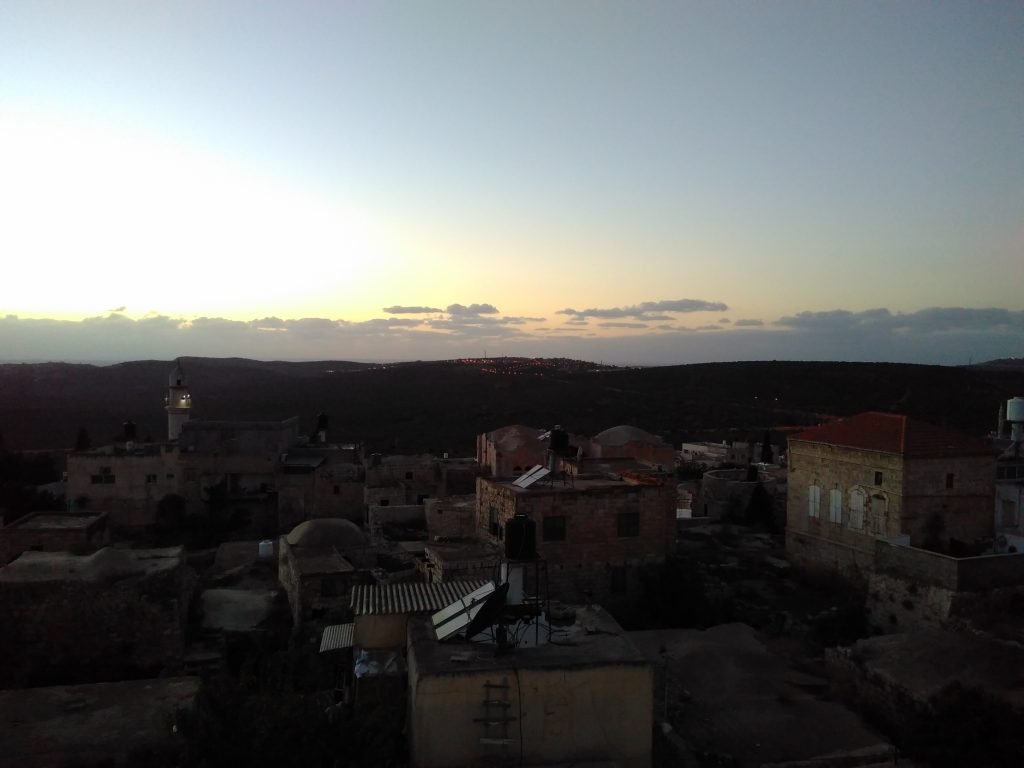
To be sure: there is a reality ‘on the ground’ (as they would put it in the army). No one can deny that. But from the stories that I have heard so far, I get the impression there are many different conflicts – plural. Sometimes even within the same place. It might be about land: a settlement that should not be there according to a Palestinian family, while the settlers believe they have returned to land that was part of their people. It might be about an agricultural gate in the ‘security barrier’ or ‘separation wall’ – note: words that reflect different experiences! – that is (almost never) open for a Palestinian farmer. It can also be about the loss of a grandparent that got murdered by Jewish soldiers a long time ago, while the children of this soldier feel how their parent was prosecuted in the land where he came from. And maybe there is already something we overlook: we speak about ‘Israel’ and ‘Jewish people’ as if they have a one-on-one-connection, just like ‘Palestine’ and ‘Palestinians’. But not all Israelis are Jewish, not all Jewish people or the same. It also differs what one sees as ‘Palestine’, even among ‘Palestinians’ that are also quite different amongst each other.
A second lesson, therefore, is perhaps: there is no such thing as ‘the Israeli-Palestinian-conflict’, but there are many conflicts (plural!) among people that consider themselves to be Israeli-Jewish and Palestinian. And we can try look at each conflict with it’s own specific questions that need an answer.
Happiness and ‘the Other’
Some see ‘the conflict’, as far as we can speak about this, in the light of hundreds of years. Others look back at the life of their grandparents or great-grandparents. In both cases it seems there is one thing they can agree upon: there has been times, not long ago, where Jewish people and Palestinians lived together. That is: sharing the same public space, be involved in mutual trade or work together in a specific industry, or simply meeting personally at home.
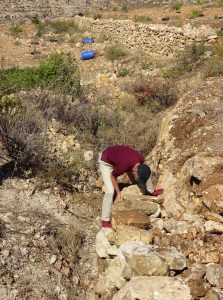
I have met a Jewish and a Palestinian family that used to meet each other every now and then a little bit more than a decade ago. With the second intifada, the building of walls and checkpoints, and other things made an end to this. Now, the Jewish family says they would like to live there because they feel at home, safe and are able to practice their religion in the way they would like. This is the land where they feel connected with G-d. At the same time, their arrival made it impossible for the Palestinian family to work on land where their grandparents used to grow olives. They are forced to cultivate new land, not as large and in bad circumstances. For example, due to many reasons water is hardly available anymore in a wadi nearby and they need to build a lot of terraces by hand on a hill to grow new olive trees.
The farmer I spoke with told me how his parents used to visit every now and then the parents of this Jewish family. They used to talk with each other about the land, about daily life and even religious topics. However, today the families don’t meet each other anymore. To each one of them it feels impossible, and for many reasons this might indeed be impossible at the moment.
There is a lot more to say about both families, and the above hardly does justice to the situation they find themselves in at the moment. It would be worthwhile to listen to more detail about what they can tell us, but for now I think we can draw two lessons out of this. First of all: once we are no longer in connection in daily life, then ‘the other’ becomes exactly that: ‘the other’. An abstract idea, someone we form thoughts & judgements about without knowing what is ‘real’ about it. And it is a lot easier to feel negative and reject someone if he or she is ‘the other’ you imagine him or her to be. Secondly, both families expressed their wish to have a life without ‘trouble’ or ‘conflict’. They both want to have a place where they feel at home, can live the way they would like and be happy. Knowing this as a shared factor, might prove to be one of the keys to finding a way out of the ‘unpleasant’ or ‘negative’ situation where they find themselves in at the moment. And meeting each other might be crucial to actually be able to move in that direction.
Can There Be Peace Tomorrow?
Every person that I have come across so far expressed that he or she would like ‘the conflict’ to end. In fact, both Jewish people and Palestinians greet the ones they meet every day with a word that has the same meaning. Jews say Shalom, where Palestinians say Salam. In both cases they wish (the other, whoever it might be) peace. So, with this fact in mind we can go back to the beginning. What does peace actually mean?
My curiosity has brought me, so far, to places where I met wonderful people that all carry their own story. This story is often with pain, sadness and grieve. Yet in every moment I have also laughed a lot, enjoyed tea and / or a meal together and talk about things that make us happy. I remember for example a Palestinian young lady that loved to show visitors how you wear a hijab; how her sister chooses not to wear one (“I feel more free without”); and how she and her sister are trying to find a live of their own by work or study, and if a man is interested he must be fulfill a lot of requirements! I am also lucky to be able to say I have quite some Jewish friends by now who shared about the, sometimes terrible, fates of their (great-)grandparents and how their family started a new life in Israel, and how blessed they feel to have an opportunity to choose their own direction in life, in a place where they feel at home.
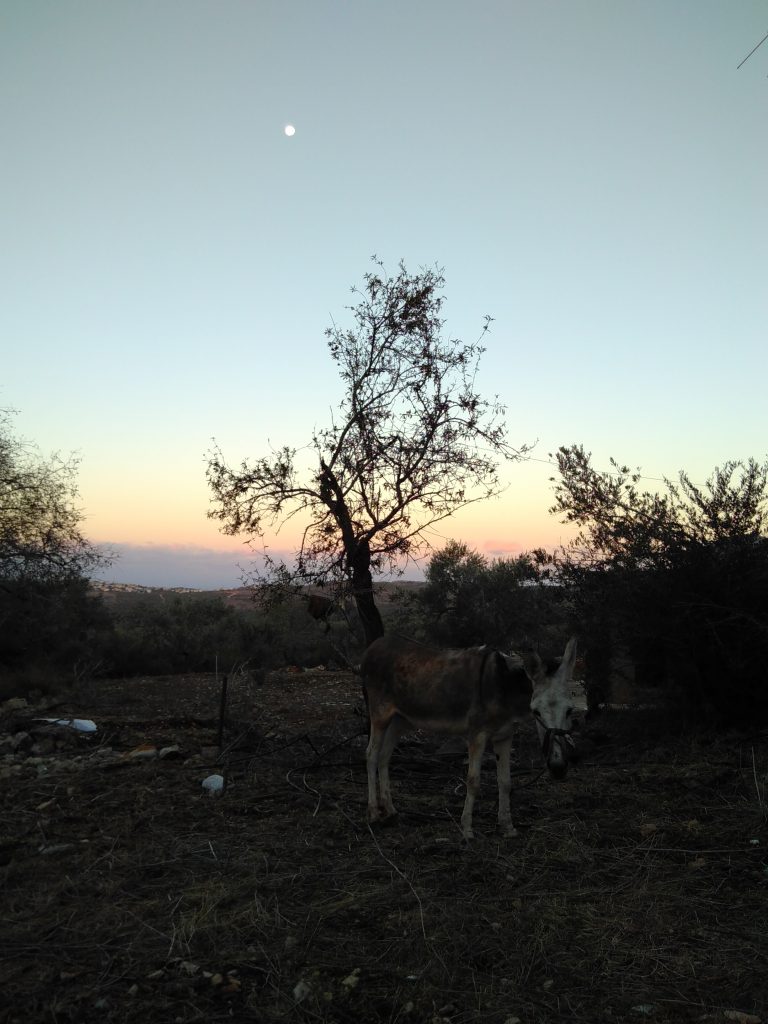
How is this related to the question about peace? Well, in the following way. We all carry circumstances in our lives that effect us deeply. It might be the death of a family-member, being called names or even the looks of people. Like I quite recently found myself in an area where I did not feel safe, and was taken away from that situation by soldiers. Every person I meet, every conversation I have, makes me contemplate. In my case that also means I look for advise in Tibetan-Buddhist tradition. Though I believe that other religions, like Judaism and Islam carry the same wisdom (which is part of the reason why I study them at the Rothberg International School), I would like to share two things from someone I consider to be one of my teachers: the Dalai Lama.
First of all, he says: “we can let the circumstances of our lives harden us so that we become increasingly resentful and afraid, or we can let them soften us, and make us kind. You always have the choice.” Though I realise this is not an easy task that is way in Tibetan-Buddhism we have meditation for example.
Secondly, and maybe the most important, according to the Dalai Lama peace does not mean an absence of conflicts. We are all human beings, and that means we will be in difficult situations which give rise to conflicts. Simply because there are also differences between. Peace means, according to him, “solving these differences through peaceful means; through dialogue, education, knowledge, and through humane ways.”
To sum up, the one (little) thing that I hope you will remember, and which might help in addressing the conflicts in Israel-Palestine is the following: peace does not mean an absence of conflict, but a way to address these conflicts in a peaceful way – and examine the possibility of making some positive changes within ourselves and the way we meet ‘the other’. It is in this sense, that there can actually be peace tomorrow.
